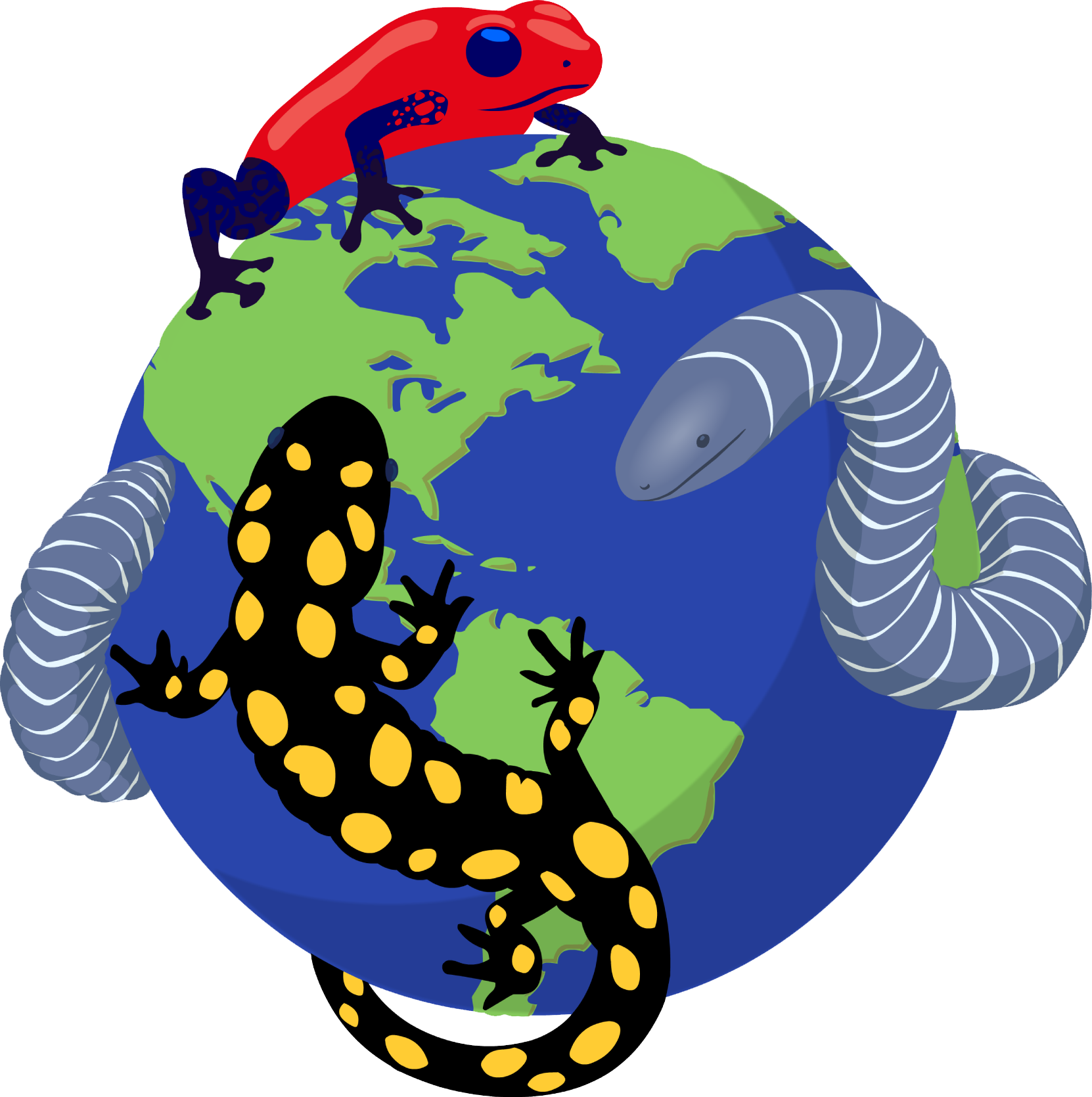|
Description
Tachycnemis seychellensis is a medium-sized tree-dwelling frog with females measuring to 76 mm and males to 51 mm. This frog has vertical pupils and a distinct, visible tympanum (Henkel and Schmidt 2000). Toepads are larger on the fingers and smaller on the toes (Henkel and Schmidt 2000). Coloration varies between populations: on the islands of Mah� and Praslin, males are brown and females are green, while both sexes are green on Silhouette and La Digue (Schioetz 2003). When the dorsal coloration is green, it is an intense green to greenish-yellow (Henkel and Schmidt 2000). Distribution and Habitat
Country distribution from AmphibiaWeb's database: Seychelles
The Seychelles Tree Frog inhabits the remnants of rainforests on four islands in the Seychelles: Mah�, Silhouette, La Digue, and Praslin. This frog is restricted to the crowns of tall trees and palms (Henkel and Schmidt 2000).Life History, Abundance, Activity, and Special Behaviors
This species is nocturnally active. During the day, T. seychellensis frogs sleep on the upper surfaces of palm fronds or leaves, at the top of large palms and trees (Henkel and Schmidt 2000). Seychelles Tree Frogs are arboreal except for breeding, when they descend to the ground to lay eggs in completely still water (Henkel and Schmidt 2000). During the breeding season, these frogs form breeding aggregations (Schioetz 2003). Each female deposits 100-500 eggs in standing water, affixing the clutch to aquatic vegetation or the bottom of the waterway (Henkel and Schmidt 2000). Trends and Threats
Although this species has a restricted distribution, it does not appear to be threatened. Rather, it is common on three of the four Seychelles islands it inhabits: Mah�, Praslin, and La Digue (IUCN 2006). Additionally, a new locality for this frog was recently reported from the island of Silhouette. Tachycnemis seychellensis was already known to exist on Silhouette, but it is not clear how large the population is on that island. (IUCN 2006). Comments
Tachycnemis seychellensis is the only treefrog known from the Seychelles Islands, out of six endemic frog species.
References
Henkel, F-W. and Schmidt, W. (2000). Amphibians and Reptiles of Madagascar and the Mascarene, Seychelles, and Comoro Islands. Krieger Publishing Company, Florida.
IUCN, Conservation International, and NatureServe. 2006. Global Amphibian Assessment. www.globalamphibians.org. Accessed on 2 April 2007.
Schioetz, A. (2003). ''Seychelles treefrog, Tachycnemis seychellensis.'' Grzimek's Animal Life Encyclopedia, Volume 6, Amphibians. 2nd edition. M. Hutchins, W. E. Duellman, and N. Schlager, eds., Gale Group, Farmington Hills, Michigan.
Originally submitted by: Peera Chantasirivisal (first posted 2006-02-09)
Edited by: Kellie Whittaker (2008-01-03)Species Account Citation: AmphibiaWeb 2008 Tachycnemis seychellensis: Seychelles Tree Frog <https://amphibiaweb.org/species/3629> University of California, Berkeley, CA, USA. Accessed May 30, 2025.
Feedback or comments about this page.
Citation: AmphibiaWeb. 2025. <https://amphibiaweb.org> University of California, Berkeley, CA, USA. Accessed 30 May 2025.
AmphibiaWeb's policy on data use.
|





 Map of Life
Map of Life